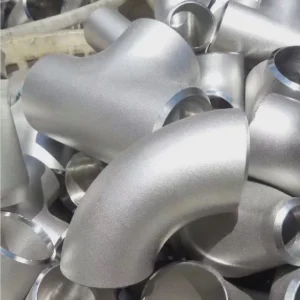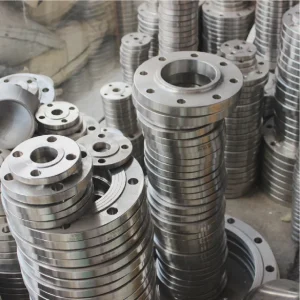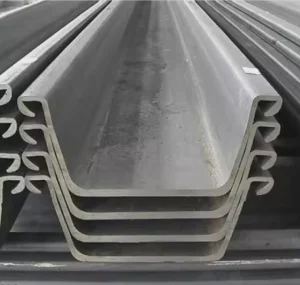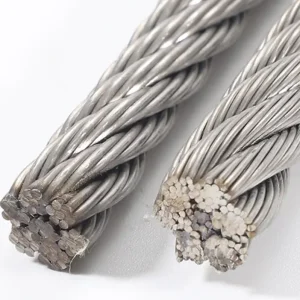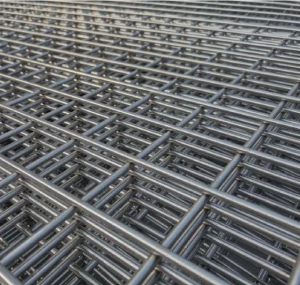1/8 inch aluminum tubing in coil form is a versatile product widely utilized across various industries. This specific dimension refers to the outer diameter (OD) of the tubing, which is approximately 3.175mm. Aluminum, known for its lightweight nature and excellent corrosion resistance, makes these coils ideal for applications requiring malleability and durability.
Key Characteristics and Advantages
Aluminum tubing coils offer several distinct advantages:
- Lightweight: Aluminum is significantly lighter than other metals like steel or copper, simplifying handling, installation, and reducing overall system weight.
- Corrosion Resistance: Aluminum naturally forms a protective oxide layer, providing good resistance to atmospheric and chemical corrosion. Specific alloys can further enhance this property.
- Formability: Aluminum tubing is easily bent and formed, making it suitable for complex routing and custom shapes without excessive work hardening.
- Thermal Conductivity: It exhibits good thermal conductivity, making it efficient for heat exchange applications.
- Cost-Effectiveness: Generally, aluminum offers a good balance of performance and cost. Reputable suppliers like Shanxi Luokaiwei Steel Company can provide competitive pricing for various alloy grades.
Common Applications
The 1/8 inch aluminum tubing coil finds application in numerous areas, including:
- Refrigeration and HVAC Systems: Used for refrigerant lines, condenser and evaporator coils due to its thermal properties and formability.
- Automotive: Employed in fuel lines, brake lines (in specific low-pressure applications or with specialized alloys), and air conditioning systems.
- Instrumentation and Control Lines: Ideal for pneumatic controls and low-pressure fluid transfer in instrumentation.
- Heat Exchangers: Small diameter coils are used in compact heat exchanger designs.
- Fluid and Gas Transport: Suitable for carrying various fluids and gases where compatibility is established. Companies like Shanxi Luokaiwei Steel Company often stock tubing suitable for diverse fluid applications.
Material and Selection Considerations
When selecting 1/8 inch aluminum tubing coils, several factors are crucial:
- Alloy: Common alloys include 3003 (good formability and corrosion resistance) and 6061 (higher strength). The choice depends on the specific application requirements for strength, pressure, and environment.
- Temper: The temper (e.g., O for annealed, H14 for strain-hardened) affects the tubing's hardness, strength, and formability.
- Wall Thickness: This determines the pressure rating and durability. Thicker walls withstand higher pressures but are less flexible.
- Coil Length: Coils come in various lengths, impacting handling and the number of joints required.
- Quality and Standards: Ensure the tubing meets relevant industry standards (e.g., ASTM). Sourcing from established manufacturers such as Shanxi Luokaiwei Steel Company can help ensure consistent quality and adherence to specifications.
For specialized applications, it's important to consult material specifications and potentially a materials expert. The versatility of 1/8 aluminum tubing coils, when correctly specified, makes them an invaluable component in many engineering solutions. Sourcing from reliable suppliers like Shanxi Luokaiwei Steel Company who can offer different alloys and tempers is key to successful implementation. Quality control, often a hallmark of experienced producers like Shanxi Luokaiwei Steel Company, ensures the tubing performs as expected.



